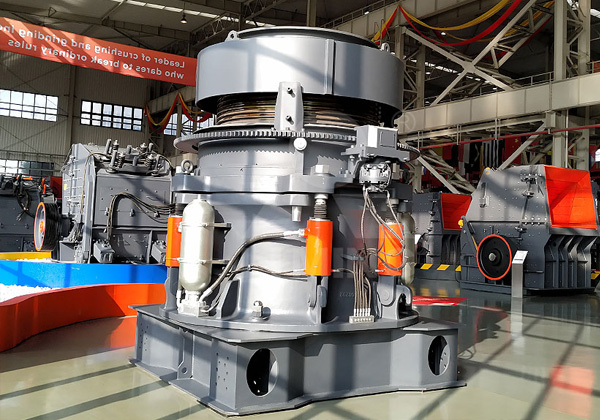A hard rock production crusher is a critical piece of machinery used in mining and aggregate production, designed specifically to handle hard materials like granite, basalt, and other dense rocks. These crushers come in various types, including jaw crushers, cone crushers, gyratory crushers, and impact crushers, each engineered to break down hard rock into smaller, more manageable sizes. The choice of crusher depends on the specific requirements of the production process, including the hardness of the rock, desired output size, and the overall production capacity. In hard rock applications, durability and strength are essential due to the high impact forces and abrasive nature of the material.

Jaw crushers are often used as the primary crusher in hard rock processing because of their ability to handle large rocks and high compressive forces. They function by applying compressive force to the rock, causing it to fracture and break into smaller pieces. The robust construction of jaw crushers makes them suitable for the first stage of crushing, where rocks are reduced to a size that can be further processed by secondary crushers. These crushers are known for their high throughput and efficiency in handling hard, abrasive materials.
Cone crushers are typically employed as secondary or tertiary crushers in hard rock production. They operate by using a rotating cone inside a concave bowl to crush the rock, offering a more refined product with a uniform size distribution. Cone crushers are favored for their ability to produce smaller-sized material with minimal fines, making them ideal for producing aggregates for road construction, concrete, and other applications. They also feature advanced technological options like hydraulic adjustment and overload protection for safer and more efficient operations.
Gyratory crushers, another type commonly used in large-scale hard rock mining, are similar in design to cone crushers but have a larger throughput capacity. They are typically employed in large mining operations and are capable of processing thousands of tons per hour. The crushing chamber of a gyratory crusher is wider, allowing for the handling of larger rock pieces, while the continuous crushing action ensures efficient material reduction. They are often used for primary crushing in massive mining applications due to their efficiency and ability to handle hard, dense materials.
Impact crushers, although less common for hard rock production, can be used in specific applications where the rock’s hardness is moderate. These crushers use high-speed impact force to shatter the rock, making them suitable for producing smaller aggregates and manufactured sand. The wear-resistant materials used in the construction of impact crushers make them a viable option for some hard rock crushing scenarios, especially where high reduction ratios are required. However, their wear rates tend to be higher in extremely abrasive applications compared to other crusher types.
